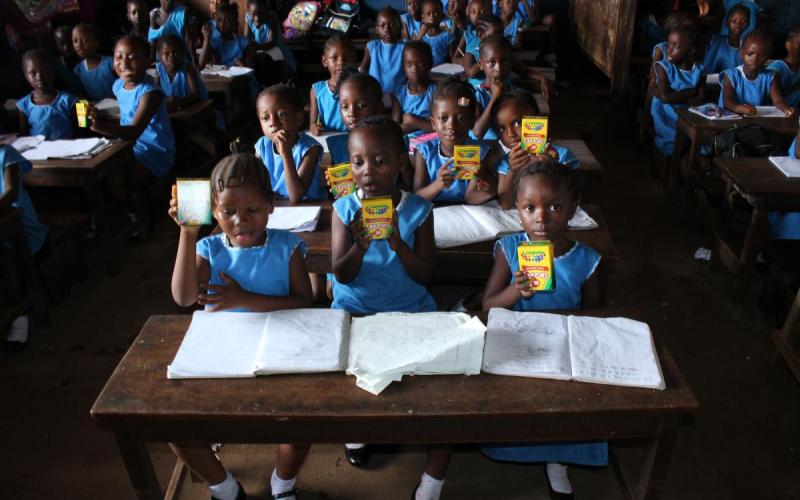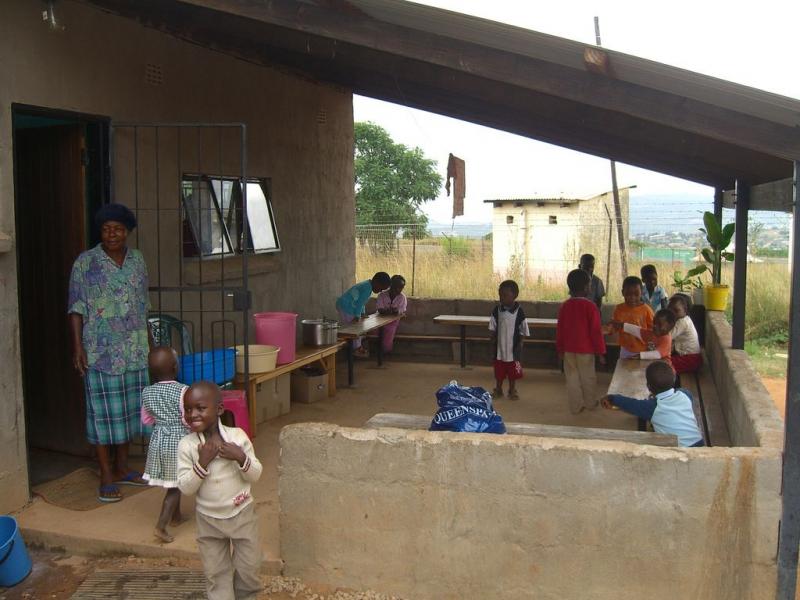
Not long ago, a group of sixth-grade students in Wisconsin was learning about the Rwandan Genocide. They learned that approximately 800,000 people lost their lives during one hundred days of slaughter.[1] These children were learning about a significant historical event that, sadly, many people don’t even know about.
In April of 1994, tensions peaked between two ethnic groups—the majority Hutus and the minority Tutsis—in Rwanda when a plane carrying the Rwandan president and the President of Burundi was shot down. Responsibility has not been established, but many Hutus believed the Tutsis were to blame for the assassination of the two presidents, who were both Hutus. Almost immediately—incited and armed by the Presidential Guard and the military—ordinary Hutu civilians and militia members began a relentless attack against their Tutsi compatriots.
These events ended a short-lived peace agreement (signed in August 1993) between Rwanda and the Tutsi-led Rwandese Patriotic Front (RPF). Eventually, the RPF ended the genocide when they captured Kigali (the capital city of Rwanda) in a well-organized offensive campaign. After the Tutsi victory, the Hutus feared retaliation and at least 2 million quickly fled to neighboring countries.

Countless children were orphaned. In 2006, Rudi Tarneden reported in an article for UNICEF that, “600 primary schools were destroyed and 3,000 teachers were killed or forced to flee.”[2] Over two decades later, schools in Rwanda are still struggling to recover.
The classroom of eleven year old Wisconsin kids remained silent for a long while after learning about the tragedies that occurred in Rwanda. Finally one girl asked, “How can we help?”
Almost every child had a suggestion. A school teacher in Rwanda was asked to make a list of what the children needed most. With that list and their own teacher’s guidance, the sixth graders decided that they could help by sending school supplies to Rwanda. One child asked, “Where will we get money to buy them?”
The class decided to earn the money by selling something; they decided to combine a rummage sale with a bake sale. Each child pledged to donate a favorite toy that could be sold to help raise money. Mothers were enlisted to bake cookies and cakes, and local businesses were asked to donate a product or service to the effort.
The realities of the situation for kids in Africa started to become very real to the class of sixth graders. They understood that not everyone in the world had the luxury of a laptop or MP3 player to call their own, but they never realized that kids in Rwanda may not even have more than one or two desktop computers to share at school. Schools in rural areas may not even have a single computer for the kids to use.
The day of the sale had finally arrived for the young Wisconsin students. Working as a team, they set up tables and tagged all donated items and other merchandise with a price. Signs were posted and fliers were distributed.
By the end of the day they had earned enough money to send much needed supplies to two Rwandan schools. They all smiled and high-fived each other as they cleaned up while munching on all the leftover cookies. They took great satisfaction from knowing that kids their own age would have an entire year’s worth of pens, notebooks, and other supplies because of what they had accomplished.
You, too, can make a difference like these thoughtful six-graders did. Make a donation today and help boost education in Africa!
References:
[1] History.com Staff (2009). The Rwandan Genocide. HISTORY.com. Retrieved 5 March 2016, from http://www.history.com/topics/rwandan-genocide
[2] Tarneden, R. (2006, March 13). Rwanda schools still struggling to recover from 1994 genocide. UNICEF. Retrieved 20 February 2016, from http://www.unicef.org/infobycountry/rwanda_31708.html

